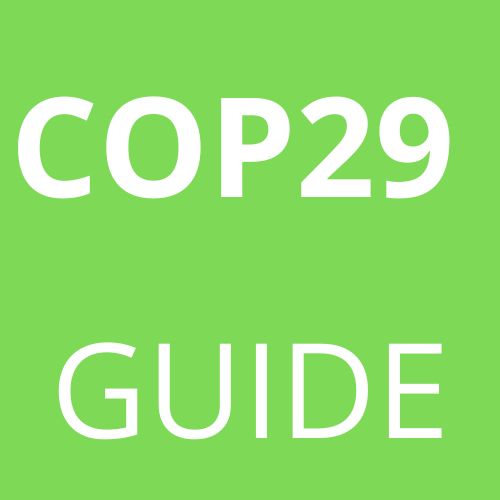Securing Indigenous Peoples Rights in the Green Economy: Learning from past mistakes

One of the main calls to action espoused at COP28 in Dubai this year will be to fast-track the energy transition. At the heart of the energy transition lies a central problem: the massive quantities of minerals like lithium, copper, cobalt and nickel currently being extracted to power new technologies. Even more concerning is where those minerals are being mined and how. Recent data reveals a stark reality: globally, 54% of mining projects involving approximately 30 minerals crucial for the production of renewable energy systems and technologies are located on or near Indigenous lands and territories. In Africa, that number is over 75%.
Consequently, the dominant narrative created by mining corporations and electric mobility companies suggests that increased mining is essential for the green transition and that this will lead to a just transition for all. However, this narrative fails to address the environmental and human rights associated with traditional mining practices: open-pit mines and water-intensive extraction methods continue to pose threats to the environment, climate, and the well-being of all people, including Indigenous Peoples. And just as troubling is the fact that there have been 495 reported human rights allegations against companies involved in transition mineral extraction over the past decade. Highlighting the urgency of protecting Indigenous rights, these facts underscore the crucial need for increased awareness and action.The current COP28 agenda provides an opportunity to prevent in the future the mistakes of the fossil fuel economy, which has devastated many ecosystems and our climate and has violated the rights of Indigenous Peoples for a long time.
Organized by Cultural Survival, First Peoples Worldwide, Batani Foundation, Earthworks, and Society for Threatened Peoples, who compose the global, Indigenous-led Securing Indigenous Peoples’ Rights in the Green Economy (SIRGE) Coalition, hosted by the George Washington University with support from the National Science Foundation, this panel brings together leaders on the frontlines of defending Indigenous Peoples’ right to Free, Prior, and Informed Consent as they face an increase in transition mineral extraction. Indigenous leaders will discuss how an increase in mining for transition minerals puts Indigenous Peoples’ and all people’s rights at risk. It will map the global landscape of transition mineral development and share pathways towards a just transition, grounded in a rights-based approach, that protects the rights of Indigenous Peoples.

